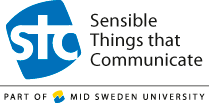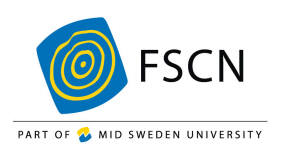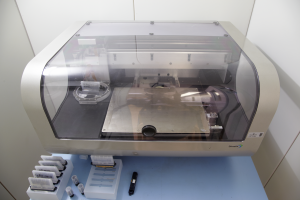Syspack - New methods for system integration of intelligent packaging
Nanotechnology has revolutionized the area of printed electronics. The scientific characterization and evaluation of hybridization solutions for electronics on paper is still limited and therefore these issues are addressed within this proposal. In this project we aim to explore, develop, and evaluate new hybridization technologies for paper electronics.
In addition, we intend to further develop existing hybridization techniques utilizing electrical sintering and nanoparticle self-organization. The target is to obtain lower contact resistances, better mechanical stability and faster attachment of components.
Objectives
The overall objective of the project is to develop technology for system integration of digital functions on paper substrates.
Printed electronics has the potential to improve the core values of paper products. The communication properties of graphical paper can be enhanced by adding hypertext functionality that allows easy access to additional digital content.
Moreover, large area printed electronics on paper may open additional markets for paper. One interesting emerging market is large area lighting. In this market segment roll to roll processed paper or plastic webs with conductive traces and integrated light emitting devices could provide a flexible design tool for furniture and styling articles.
Collaborators
Together, with SCA R&D Center, Oregon Scientific, Sweprod and Webshape we intend to demonstrate the potential of nanotechnology in paper based products. The proposal also includes a basic research part directed towards the area of self-assembly and sintering of nanoparticles (including thermal, electrical and chemical processes). The basic research effort includes both experimental and theoretical studies.



